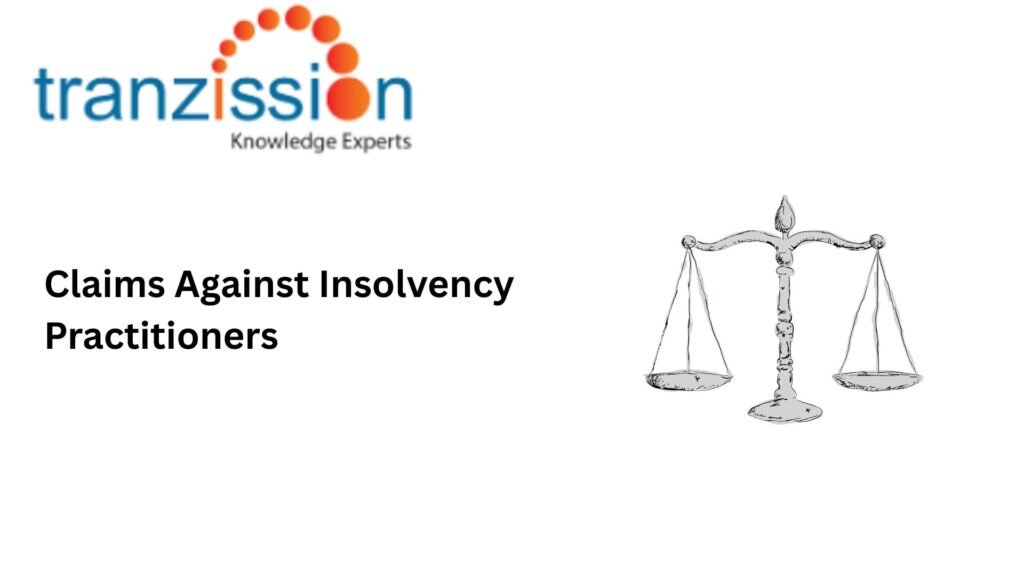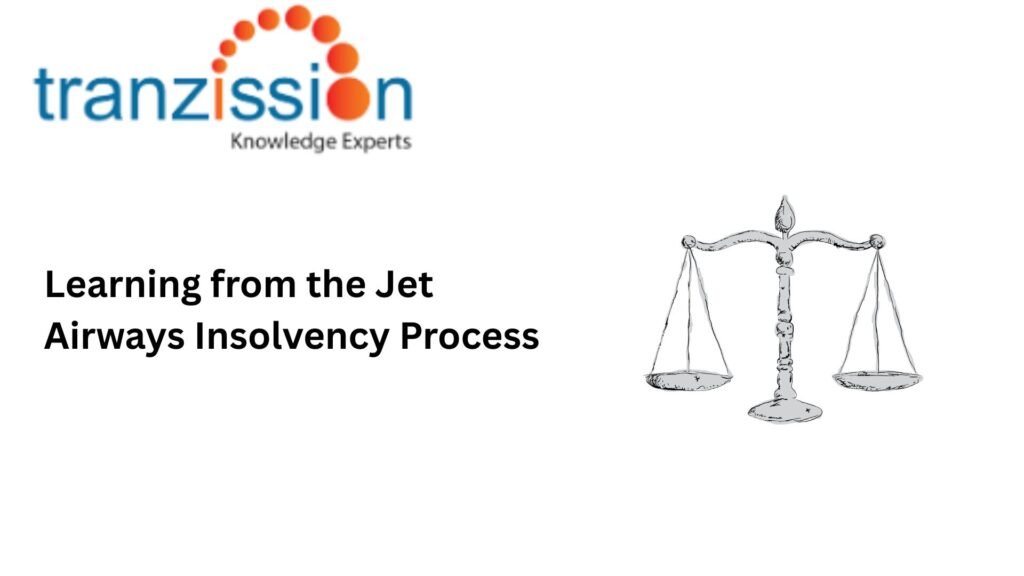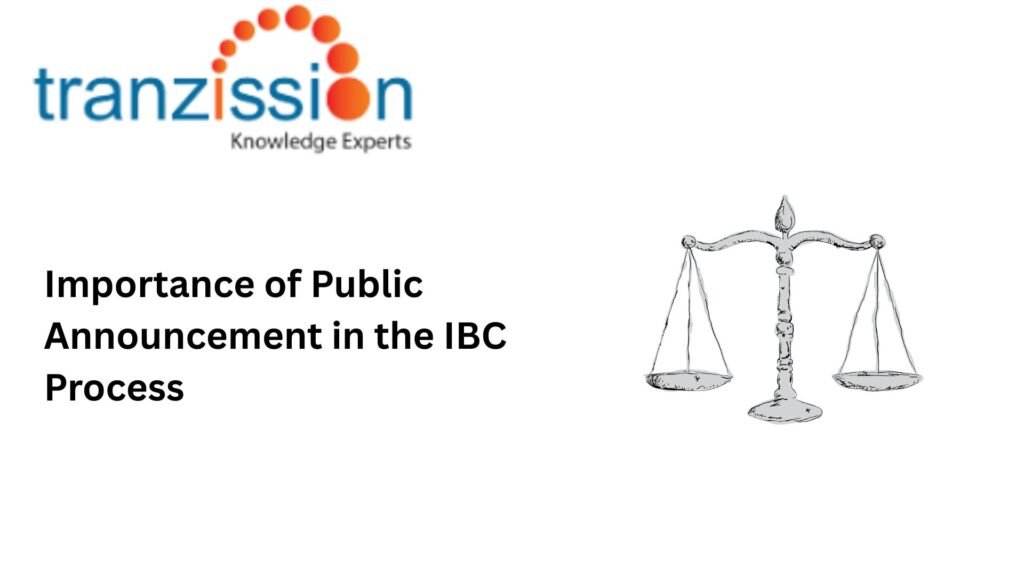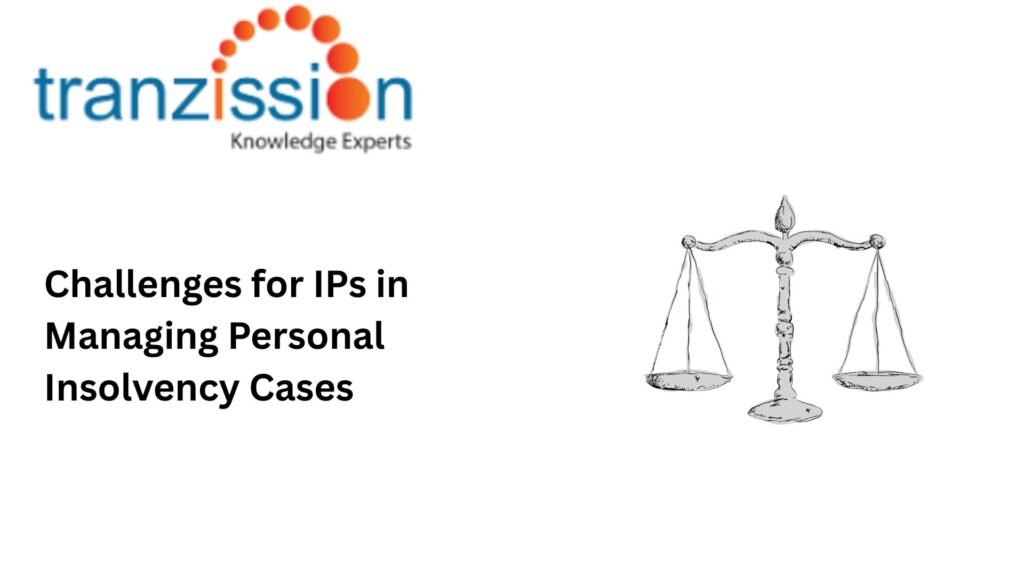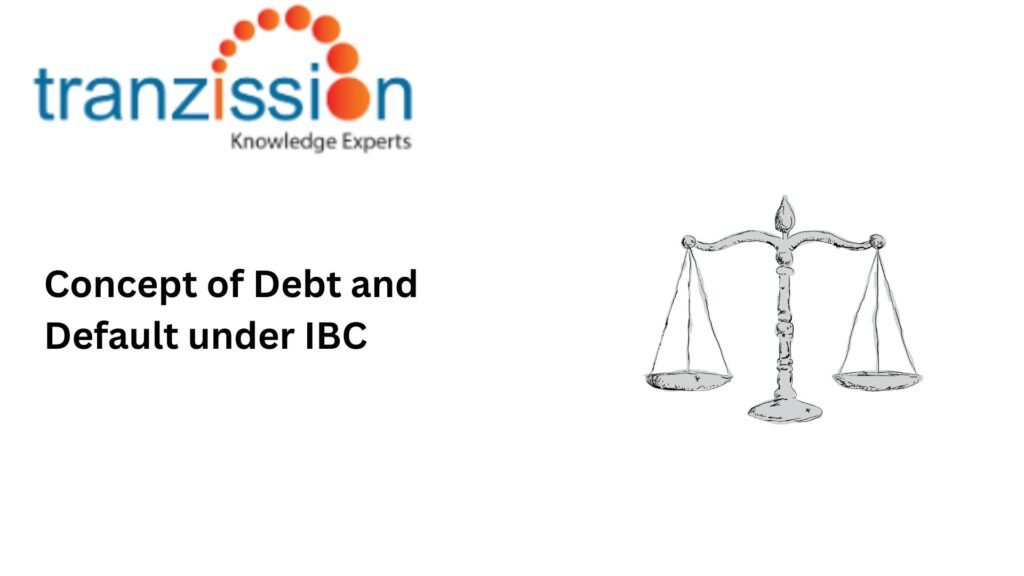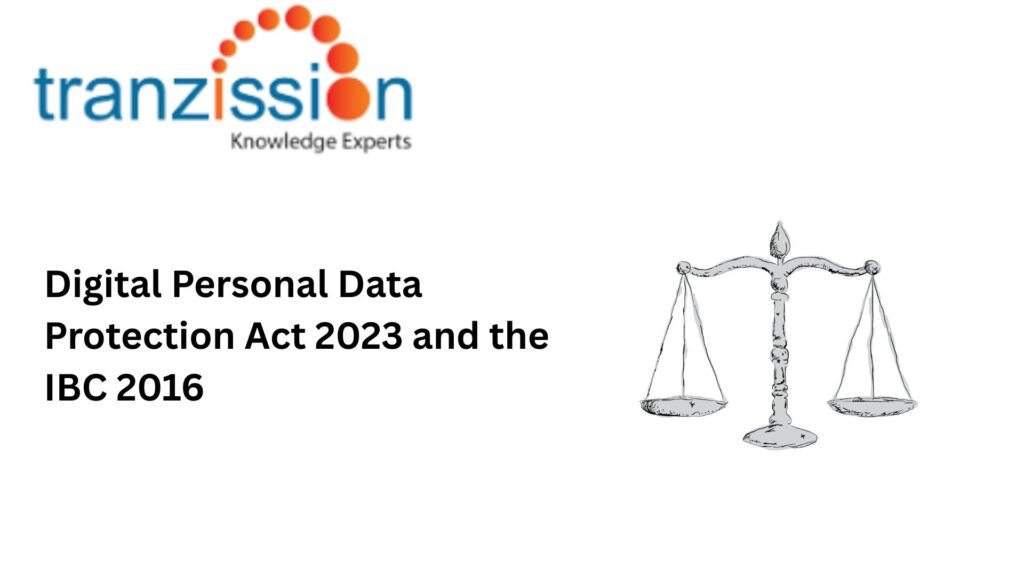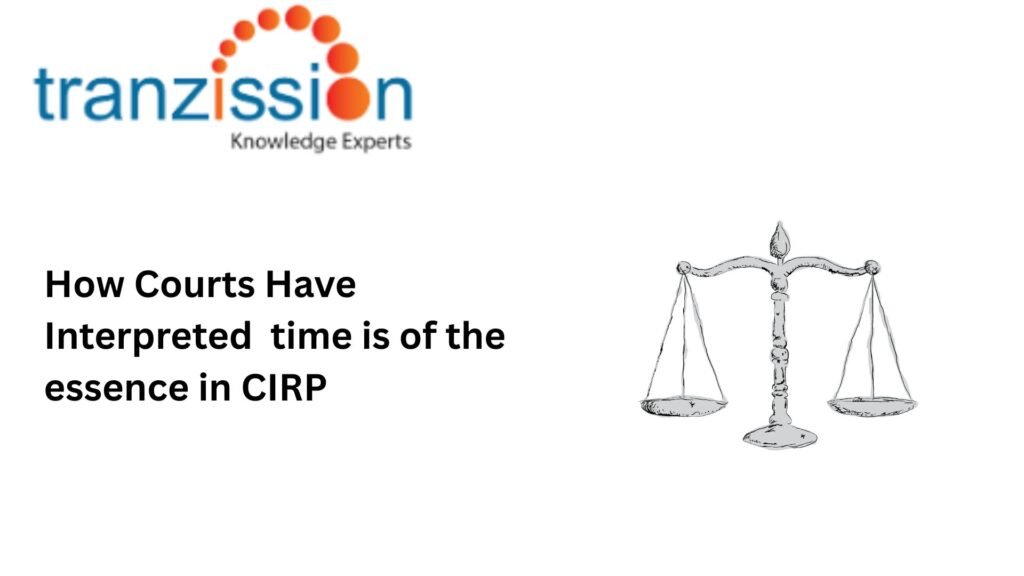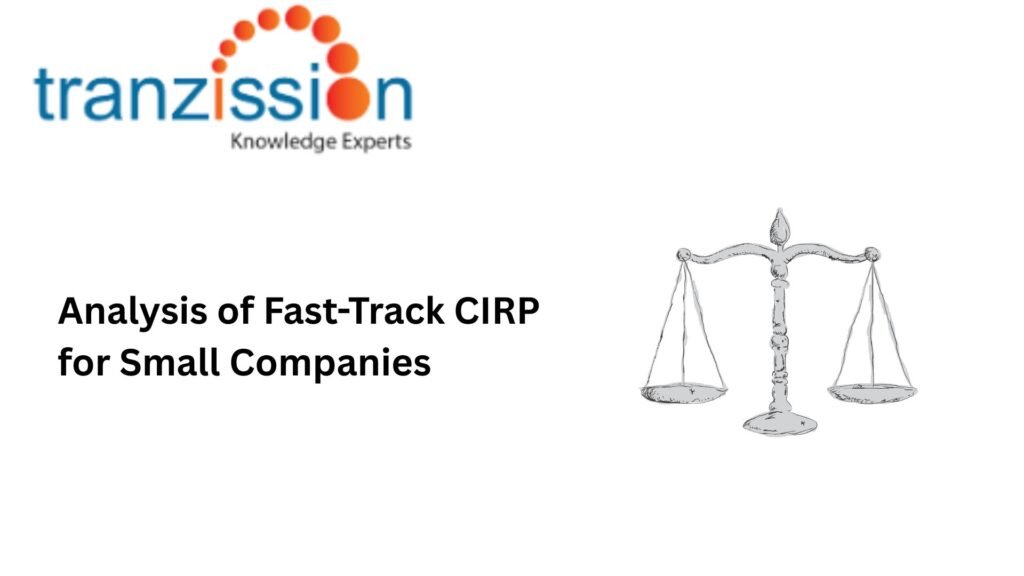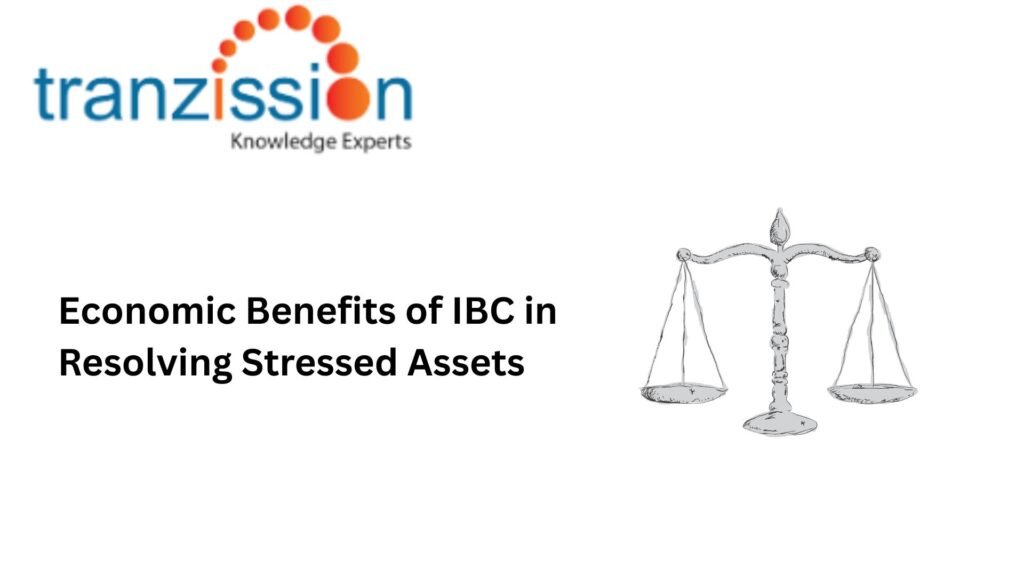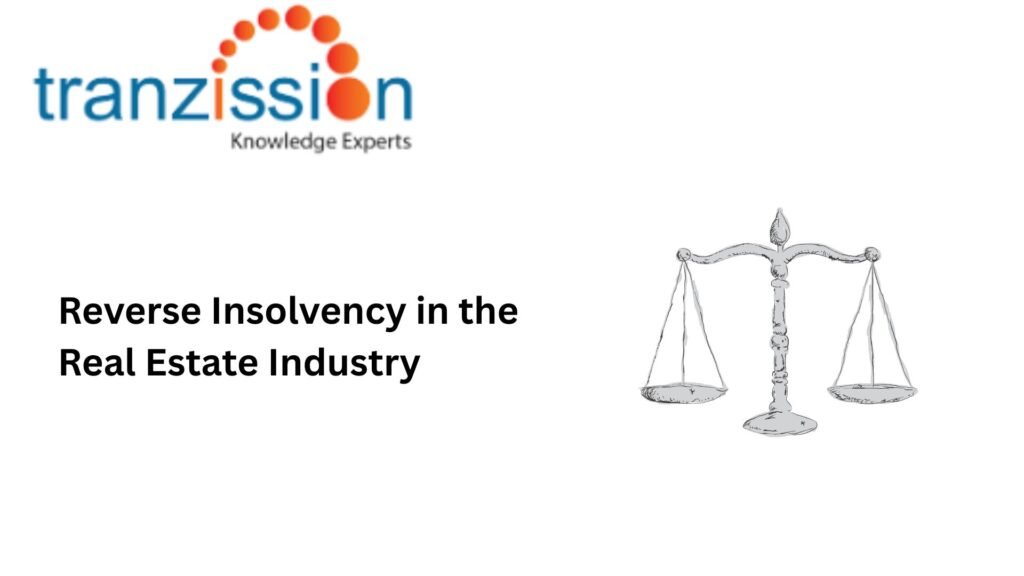Claims Against Insolvency Practitioners
Stakeholders, including creditors and directors, might pursue Claims Against Insolvency Practitioners for various reasons, primarily related to breaches of duty or misconduct during the insolvency process. IPs, in turn, owe a range of professional duties to stakeholders, including duties of care, diligence, and impartiality, as well as specific obligations related to managing assets, handling claims, […]
The prolonged Jet Airways Insolvency Process, spanning several years, exposed delays in implementing resolution plans and the flaws within the Insolvency and Bankruptcy Code, 2016 (“the IBC”), in addition to the complexities of resolving large-scale corporate insolvencies, particularly in the aviation sector. The case exposed challenges in areas like cross-border asset management, adherence to resolution […]
Having an authorisation of assignment (AFA for Insolvency professionals) is a crucial requirement for insolvency professionals (IPs) to accept assignments as interim resolution professionals, resolution professionals, liquidators, bankruptcy trustees, or any other role under the Insolvency and Bankruptcy Code, 2016 (IBC). Without a valid AFA, an IP cannot accept assignments at any stage of the […]
Certain provisions of Part III of the IBC, were not immediately notified after the IBC was enacted. This delay led to uncertainty and limited the scope of personal insolvency cases. While the Central Government eventually notified specific sections of Part III related to personal guarantors of corporate debtors in 2019, the phased implementation and limited […]
Section 3(12) of the IBC defines ‘Default under IBC’ as the non-payment of debt when whole or any part or installment of the amount of debt has become due and payable and is not paid by the debtor or the corporate debtor, as the case may be. As per section 3(11) of the IBC, “debt” […]
The Insolvency and Bankruptcy Code, 2016 (“the IBC”) is increasingly moving towards data-driven approaches, utilising artificial intelligence to improve efficiency and outcomes. This necessitates a robust Digital Personal Data Protection Act 2023 framework to ensure that data is used ethically and responsibly. Overview of the Digital Personal Data Protection Act, 2023 The Digital Personal Data […]
The Insolvency and Bankruptcy Code, 2016 (“the IBC”) emphasises time is of the essence in CIRP -bound resolution of the financial difficulties. The prescribed timelines are not merely procedural, they are integral to achieving the IBC’s broader objectives. This article covers the judicial interpretation of the necessity and potential challenges of timely resolution under the […]
Fast track corporate insolvency resolution process (CIRP) is carried out under Chapter IV of Part III of the Insolvency and Bankruptcy Code, 2016 (“the IBC”). It is a streamlined process designed to expedite the resolution of insolvency cases, especially for smaller companies or those with less complex issues. As per section 56, fast track CIRP […]
Economic Benefits of IBC in Resolving Stressed Assets is a financial asset, like a loan, bond, or investment, where the borrower or owner is struggling to meet their obligations or generate expected income. There are several types of stressed assets: Non-performing assets (NPAs): Loans or advances where the borrower has failed to make payments for […]
Reverse insolvency is a mechanism that allows promoters to retain control of their stalled projects while simultaneously completing them under a resolution professionals (RPs) supervision. This approach deviates from the traditional CIRP where control shifts to an RP, allowing promoters to act as financial creditors. The goal is to avoid further disruptions and ensure timely […]

